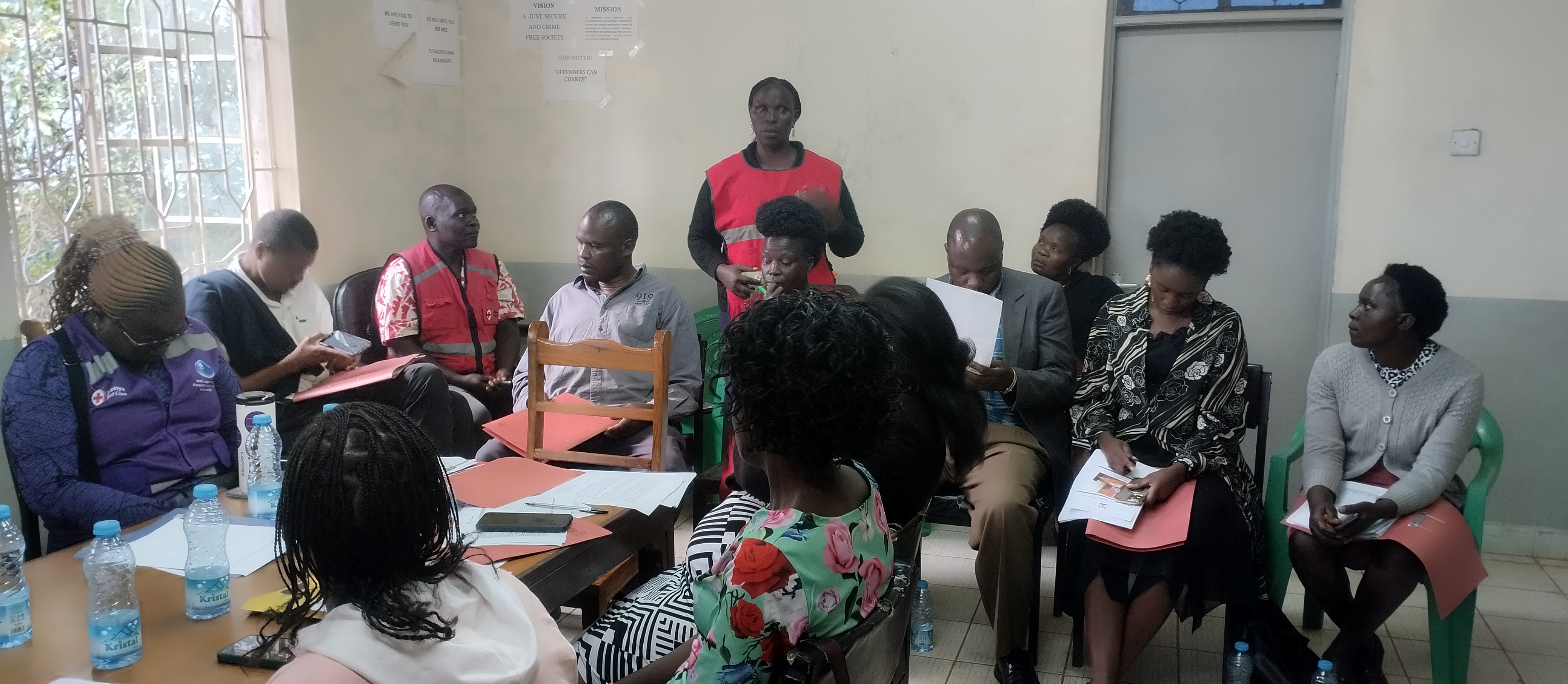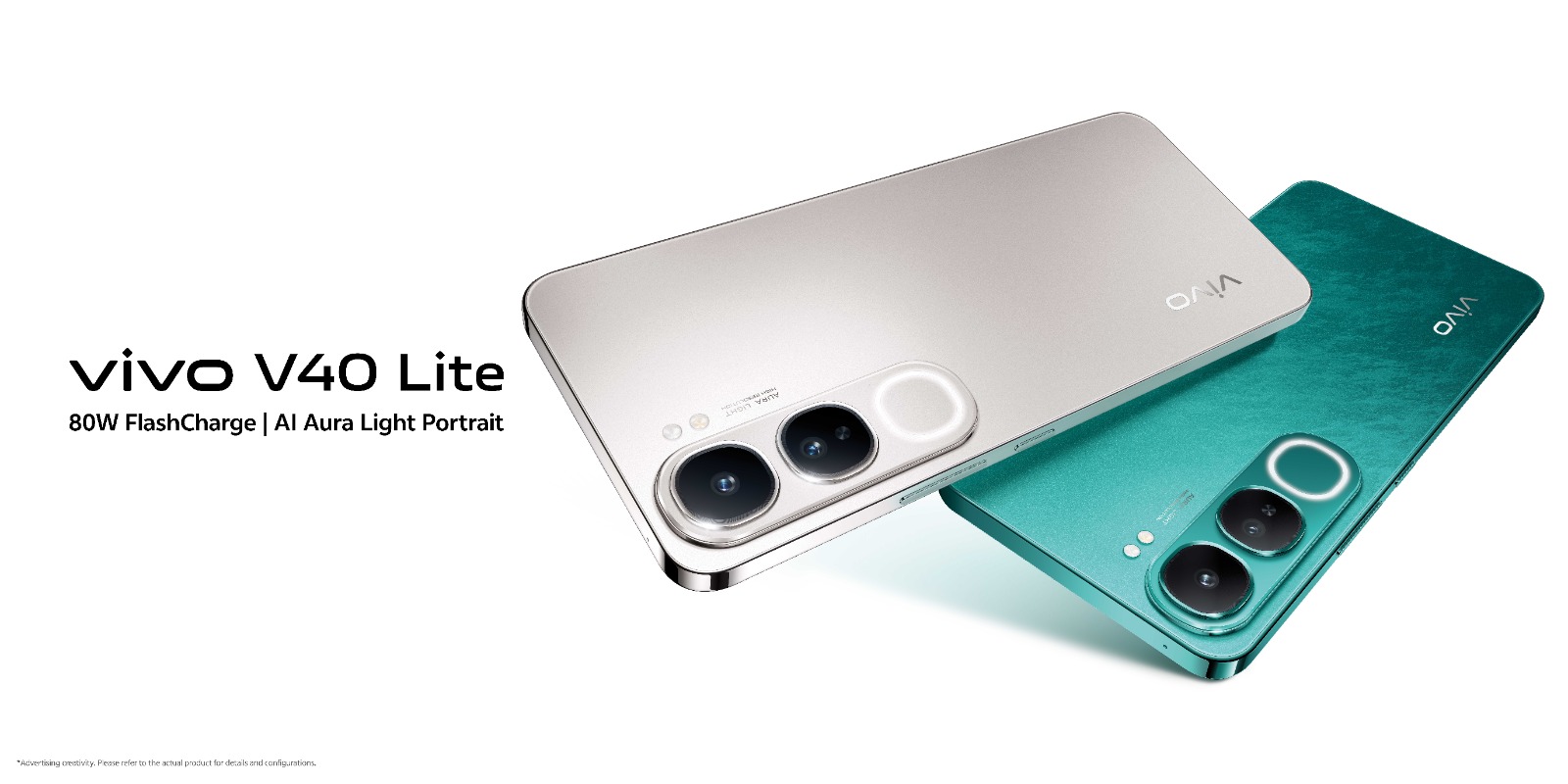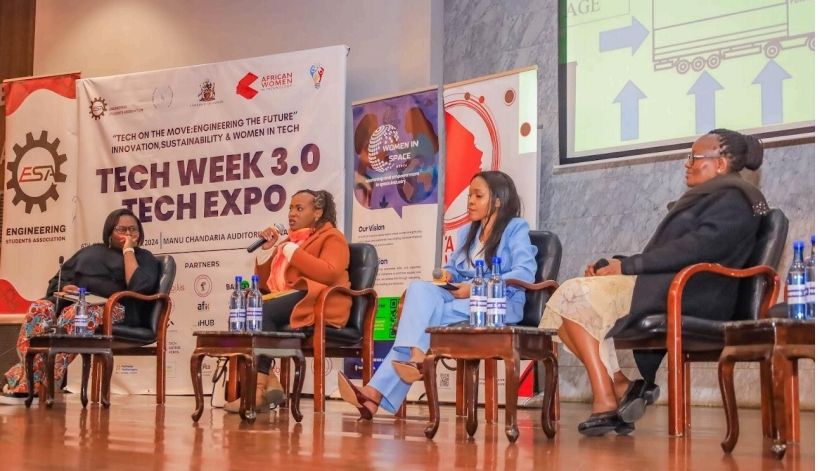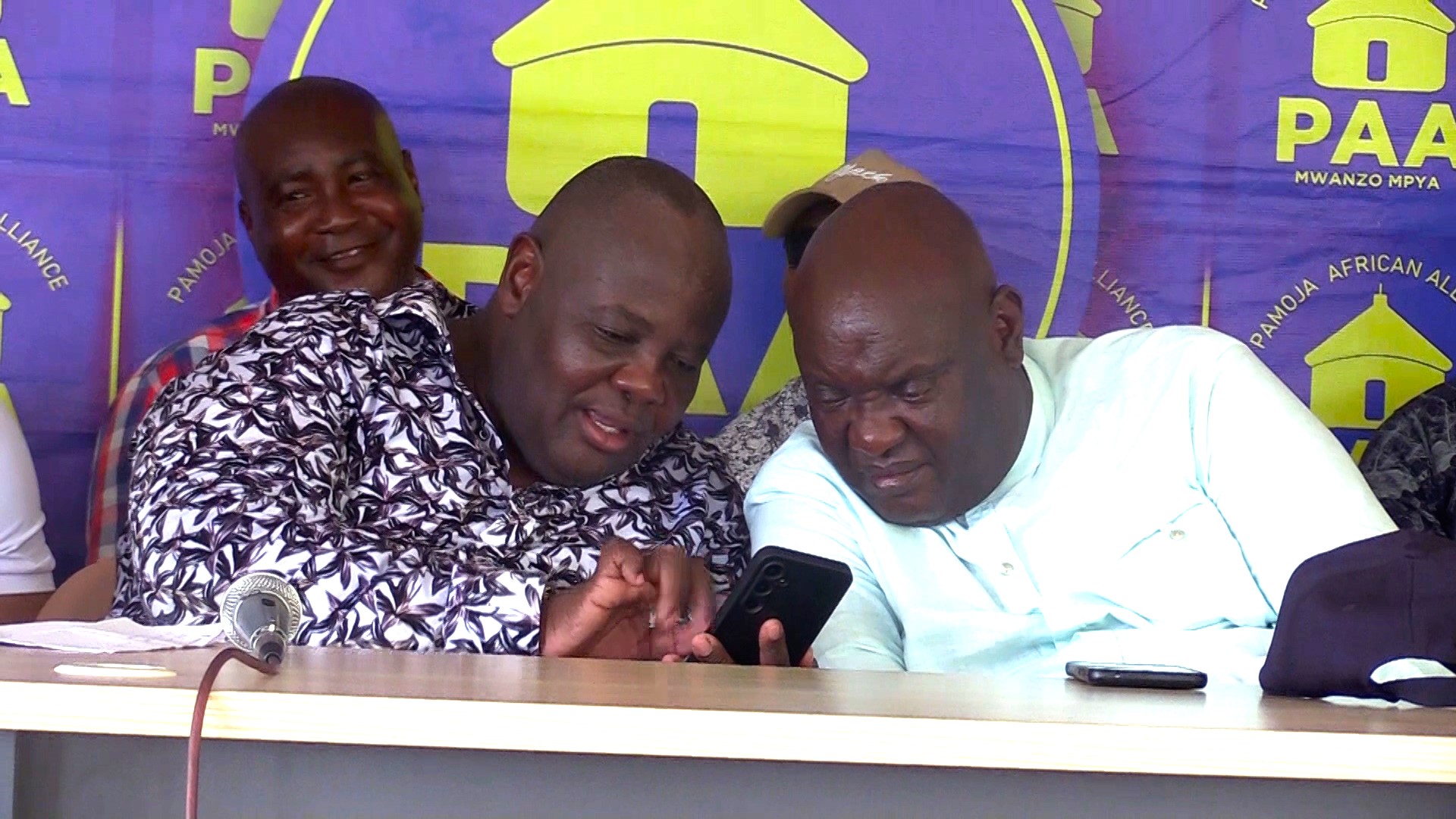Kenyas first Renal Denervation for Resistant Hypertension performed at Nairobi West Hospital
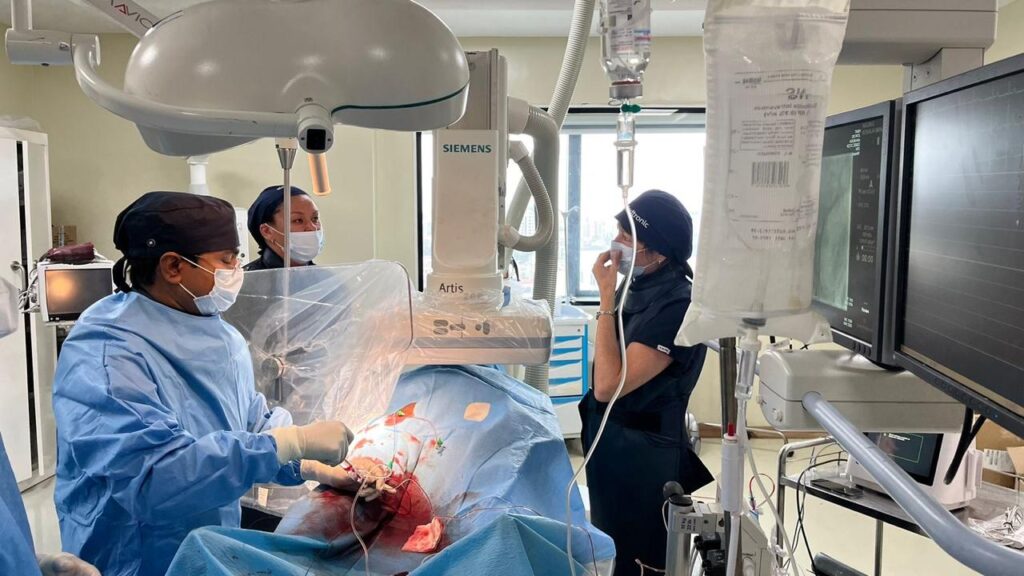
The Nairobi West Hospital has successfully conducted the first Renal Artery Denervation procedure for resistant hypertension in Kenya and East Africa.
This pioneering procedure marks a significant step forward in the region’s battle against hypertension, a leading cause of cardiovascular morbidity and mortality worldwide.
Hypertension, commonly known as high blood pressure, is a major global health concern, contributing to an estimated 8.5 million deaths in 2015 alone.
Despite the availability of various antihypertensive medications, only 18-23 percent of patients achieve optimal blood pressure control.
In Kenya, prevalence of hypertension is high, affecting nearly one in every 4 adults, and is associated with older age, higher BMI and high low-density lipoproteins according to WHO.
Resistant hypertension, a particularly challenging form of the condition, persists even when patients are on maximum doses of three or more antihypertensive drugs, including a diuretic, a calcium channel blocker, and an angiotensin-converting enzyme (ACE) inhibitor or angiotensin II receptor blocker (ARB).
Dr. Patil VijaySinh, an interventional cardiologist at The Nairobi West Hospital, led the team in performing the Renal Artery Denervation procedure.
“This is the first time in Kenya and East Africa we are doing this procedure,” said Dr. Patil.
The procedure involves using radiofrequency ablation to disrupt the sympathetic nerves surrounding the kidney arteries, which play a crucial role in regulating blood pressure.
The sympathetic nerves around the kidneys contribute to the maintenance of high blood pressure in resistant hypertension.
By targeting these nerves, the procedure aimed to reduce blood pressure effectively and sustainably.
This method is supported by guidelines from both the European and American Heart Associations for treating resistant hypertension.
The first patient to undergo this procedure was Rosalia, a 54-year-old teacher from Machakos County.
Her journey with hypertension began in 2013, characterized by symptoms such as dizziness, headaches, and fatigue.
Despite taking medication, her condition persisted and eventually became resistant to treatment.
“I thought it was just like malaria and after treatment, it will end,” Rosalia recalls.
However, her symptoms only worsened over the years. Upon visiting the hospital, Dr. Patil conducted a thorough physical examination and lab tests, confirming that Rosalia had resistant hypertension.
He explained the benefits and safety of the Renal Artery Denervation procedure, reassuring her that it could significantly improve her condition.
The procedure was performed in the hospital’s Cath Lab under sedation and took one hour.
Renal denervation involves percutaneous ablation of the sympathetic renal nerves using radiofrequency ablation.
This technique interrupts the communication between the kidneys and the central nervous system, reducing blood pressure by decreasing sympathetic outflow to the heart and blood vessels, as well as reducing renin secretion and sodium absorption.
Dr. Patil emphasises the safety and efficacy of the procedure, noting that complications are rare and manageable.
“Only 0.4 per cent of patients experience side effects, and routine complications like bleeding are easily managed,” he explained.
The successful implementation of Renal Artery Denervation in Kenya has significant implications for the region.
Hypertension is a common condition in Kenya, affecting nearly 50 percent of young patients aged 30-40 years. Uncontrolled hypertension can lead to severe complications, including heart attack, stroke, kidney disease, and heart failure, affecting approximately 30 per cent of patients.
Innovative healthcare techniques like Renal Artery Denervation offer new hope for patients with resistant hypertension.
The procedure’s ability to reduce blood pressure continuously, independent of medication adherence, provides a much-needed solution for those struggling with this challenging condition.
The Nairobi West Hospital’s pioneering effort in performing East Africa’s first Renal Artery Denervation for resistant hypertension sets a precedent for other healthcare institutions in the region.
As awareness of the procedure grows, it is expected to become a vital tool in managing hypertension, improving the quality of life for countless patients.
Dr. Patil and his team remain committed to advancing healthcare in Kenya and beyond. “We are proud to be at the forefront of this medical breakthrough,” said Dr. Patil.
“Our goal is to continue providing innovative solutions to improve patient outcomes and contribute to the global fight against hypertension.”
In conclusion, the successful Renal Artery Denervation at The Nairobi West Hospital represents a monumental achievement in East Africa’s medical landscape.
It offers a beacon of hope for patients with resistant hypertension, showcasing the power of innovation and dedication in transforming healthcare.


